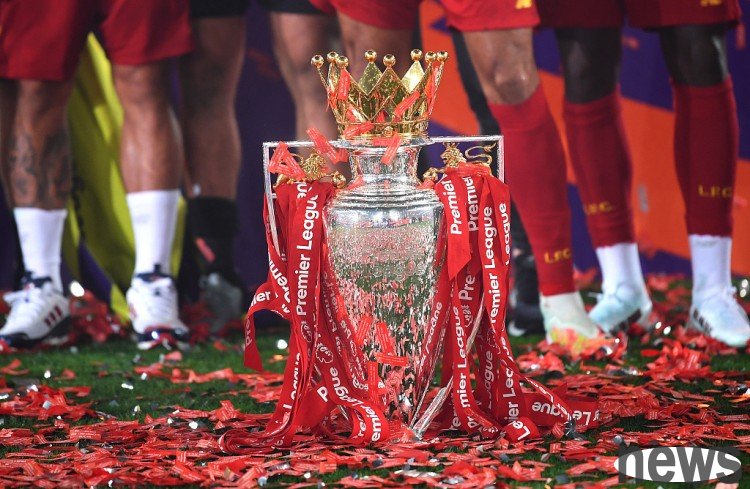David Cogan, chairman of England's Independent Football Regulators (IFR), believes that English football needs external regulation because it faces "extreme challenges" and has failed to find solutions to these problems. In an intervie...

David Cogan, chairman of England's Independent Football Regulators (IFR), believes that English football needs external regulation because it faces "extreme challenges" and has failed to find solutions to these problems.
In an interview with "The Athletic FC" podcast, Kogan explained that critics who question why a business as successful as the Premier League needs regulation ignore the issues at the bottom of the pyramid.
Cogan, a media rights expert who has advised on broadcast deals for the English Football League and Premier League, believes men's professional football has no reason to fear the IFR as he is focused on making football more accessible, resilient and sustainable.
He said: "I am responsible for billions of pounds of revenue flowing into English football, so I am absolutely committed to a growth strategy, not only for the Premier League, but also for the Football Association and the National League. However, no one can deny that despite the great success of English football, the entire pyramid - and this is not just about the Premier League, but 116 clubs - faces extreme challenges. Not only can we see some clubs bankrupt or have bad owners, the biggest problem is that there has never been an early warning system to predict which clubs will be in trouble."
"One of our responsibilities is to set up a licensing system, and as we work with each club we will understand their business plan, the commitment of the owners and so on. We will have yellow warning lights to tell us in advance which clubs may have problems, better than the Football Association and the English Football Association." Premier League one year ahead. We can then work with these clubs and our task is to ensure the stability of the pyramid structure and the individual clubs."
Cogan, 68, was announced as the government's preferred IFR leader in May this year and his appointment was officially confirmed last month. He said he had spent the past six months building a team, launching a consultation process, establishing the agency's independence and meeting with club representatives. He also held a meeting in Manchester in October with representatives from all 116 clubs in English football's top five tiers, met in person with senior executives from all EFL and Premier League clubs and asked his staff to visit at least three clubs.
The Independent Football Regulator (IFR) is preparing a report called "State of the Game", which according to Cogan will be the most detailed report yet on the financial state of English football. The report is expected to be released in the second half of next year.
Some figures in football, particularly from the English Championship League (EFL), believe the research will help drive a more equitable redistribution of football's overall wealth. The Premier League currently shares around 16% of its central revenue with other leagues, but nearly half of that money goes to a handful of recently relegated clubs in the form of parachute payments. Championship chairman Rick Parry has campaigned for years for 25% of the league's total central income and a significant reduction in parachute payments.
Cogan is very wise and does not want to get involved in this controversy at the moment. He hopes to collect all the evidence first. But he made it clear that he was not on any side and hoped that each league could reach a redistribution agreement on its own without triggering the so-called "backstop mechanism" and forcing the IFR to intervene.
"I don't have this intention at all." He said. When asked why the leagues had so far failed to reach a new agreement, he said that recent failed negotiations had created "an atmosphere... where the possibility of finding a solution between the leagues is less than before".
He also pointed out that the current Premier League is different from the organization he started helping in 1999. That generation of founders has been replaced by new, mainly overseas, owners who want the league to continue to be successful, but perhaps no longer as cohesive as they once were.
"In a sense, they are responsible for our creation, even more than the government. You know, their differences caused all of this to happen, and the fan participation issues caused by the European Super League."
This refers to the European Super League that was announced in April 2021 by 12 top European clubs (including 6 Premier League clubs) but then collapsed within 72 hours. The incident sparked a political firestorm, which, coupled with Bury's expulsion from the league due to financial difficulties and widespread bankruptcy fears due to the coronavirus pandemic, prompted the previous British government to embark on the path of establishing a regulatory body.